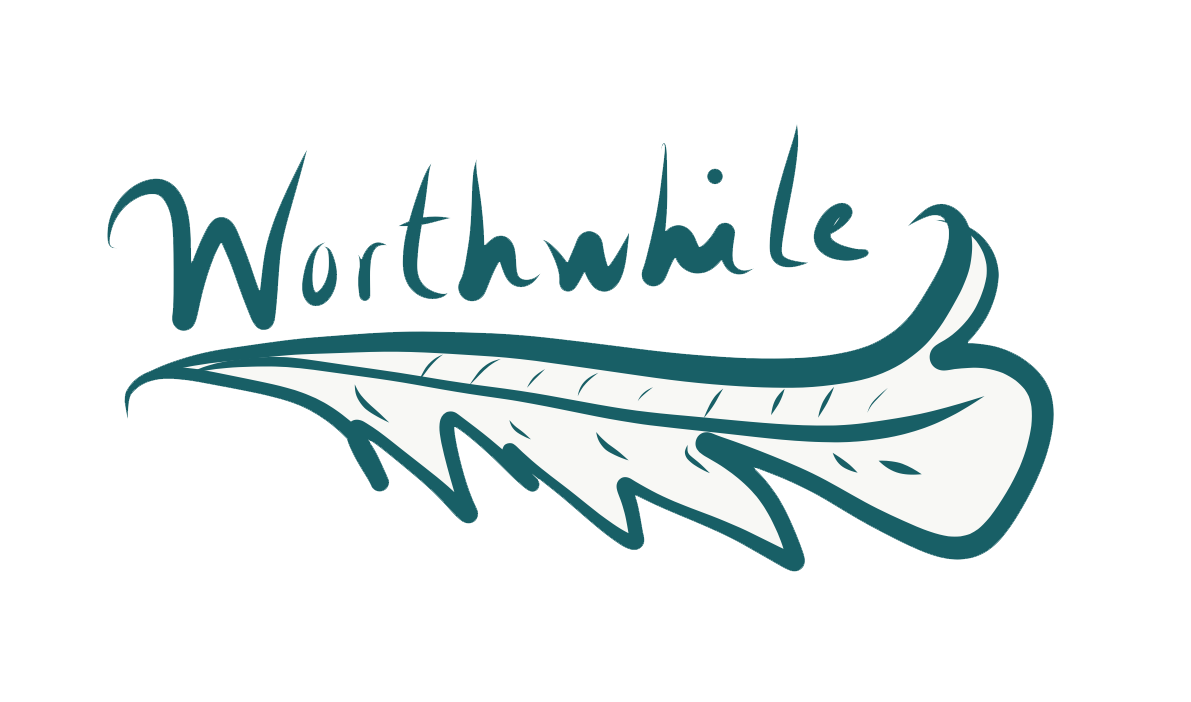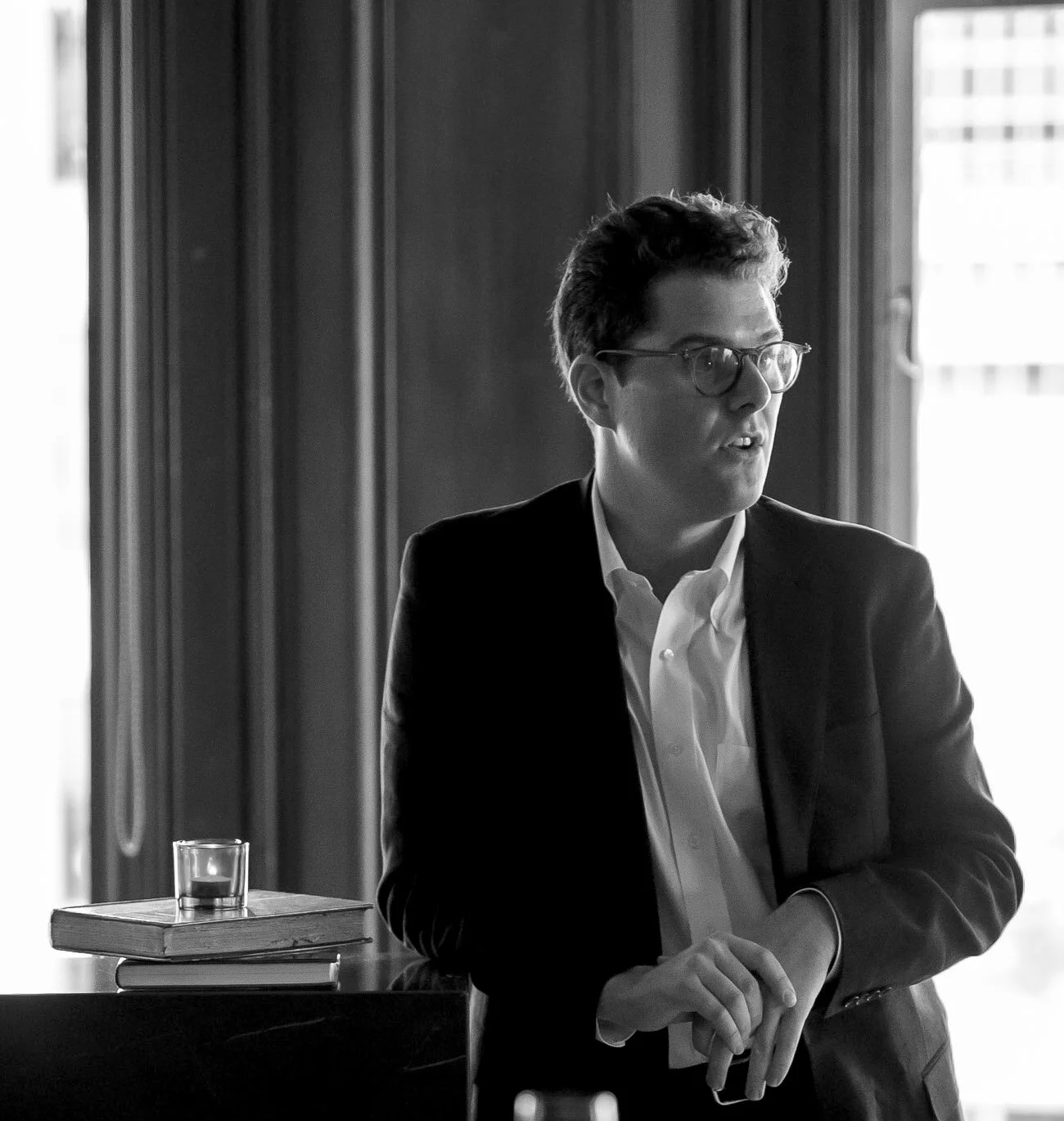Lifecycles: Collecting & Collections
For 2020, Spencer W. Stuart offers a new educational series exploring the phases of collecting in today’s technological environment.
Last year Worthwhile co-editor, Courtney Ahlstrom Christy, admitted something that defied common conceptions of Millennials – she’s a collector. And she’s not alone. The New Collector is more technologically connected to their markets of interest and they are participating in the auction room, albeit mostly remotely, like never before. Bruce E. McKinney’s recent data in his January 2020 article “The Pie is getting Larger” for Rare Book Hub, although not addressing demographics directly, indicates a year over year net increase of bidder participation across the fields of rare books, print material, photography, and ephemera. As McKinney states:
As part of the Rare Book Hub / Americana Exchange database project we record auction statistics and the numbers are many, almost a blur. But consider this. The number of lots offered, percentage of lots sold and the median sale price over the past 5 years, have all increased, suggesting the collectible paper market, at the auction level at least, is growing. In real terms, in 2015, 423,000 lots were offered and this year a projected 510,000 when all the lots are counted, an increase of 18,000 lots annually [3.92%] that has also seen a rising percentage of lots selling, increasing from 73% to almost 77% over the same period. That can’t happen without more participation and according to our sign-ups, it’s collectors that are making the difference.
This is certainly the case amongst my clientele as well. The young, fueled by expert online research skills and creative approaches to subject collecting, are mitigating risky purchasing decisions at a considerably quicker rate than that of their predecessors. They simply have access to more information and opinions that allow them to make educated decisions. Credit should be paid to the improved transparency within the Trade itself. Concurrent to this emerging trend, middle and late-stage collectors are making use of increasingly inexpensive and accessible collection management software, combined with subscriptions to auction result aggregators, to better understand how their collections relate to the larger market place within which they are involved. It is an exciting time to be working with collectors engaged in this paradigmatic shift.
However, these collecting behaviours have not been adopted across the board, which led me to develop a three-part program to define what the early, middle, and late phases of a collector look like in this technological environment. Entitled Lifecycles: Collecting & Collections, the Series focuses on collecting art (prints, photography, and painting) and building private libraries. It will cover the complete timeline of a collector and their collection(s), discussing the initial attractions that move one to collect through to the steps one must take to ensure a collection’s legacy beyond one’s very personal time and place.
The Series is intended for collectors and art industry professionals alike and can be delivered in the following three formats anywhere in North America:
Offering 1- The three-hour (half-day) version of the Lifecycles: Collecting & Collections program,
Offering 2- The three by one-hour version of the Lifecycles: Collecting & Collection program, and
Offering 3- The three by one-hour webinar version of the Lifecycles: Collecting & Collections program.
The early days of digital technology’s introduction to the collecting and valuing of cultural objects were turbulent. And although risk and uncertainty still remain, infrastructures have been developed that serve to enrich and transform today’s collecting behaviour.
For questions about booking the Lifecycles program you can contact me directly either by phone at 1.604.363.1012 or email at spencerwstuart@gmail.com.
Spencer will be presenting Lifecycles online on starting on October 1st, 2020 and registration is open to all at https://www.eventbrite.ca/e/lifecycles-collecting-collections-3-sessions-tickets-115930532343.
Spencer W. Stuart provides advisory services to collections both private and institutional. He helps to facilitate collection development, cataloguing and deacquisition strategies. His specialities include rare books, prints, and photography. In concert with his advising, Spencer is an active writer and lecturer on histories of the printed word. Connect with Spencer via his website at http://spencerwstuart.ca or call 604.363.1012.
© Spencer W. Stuart 2020

